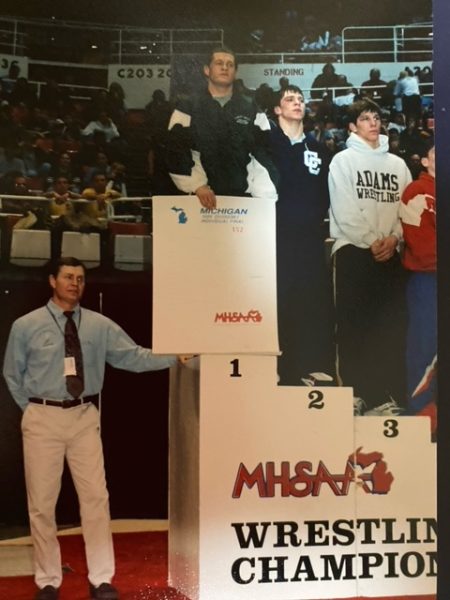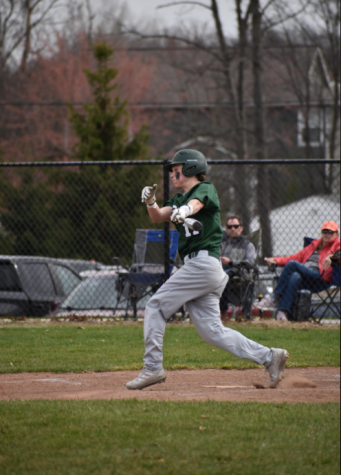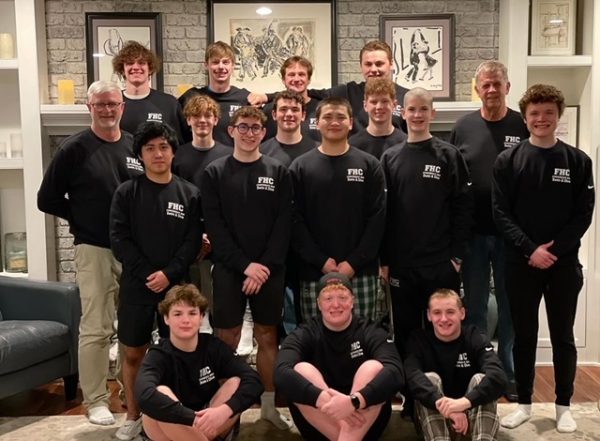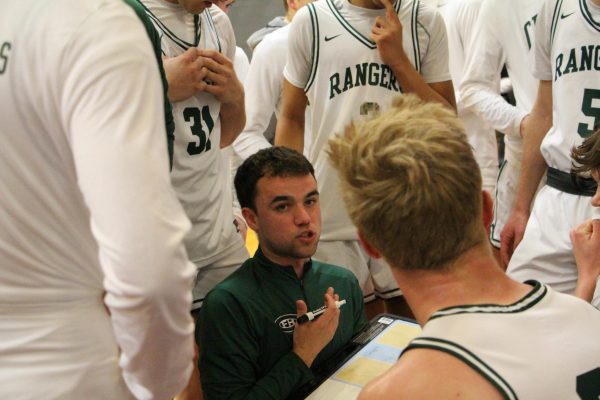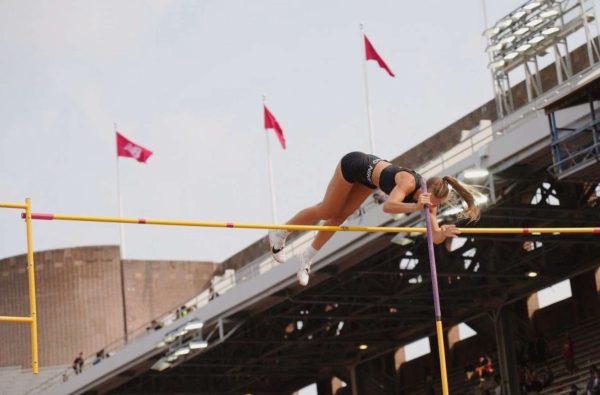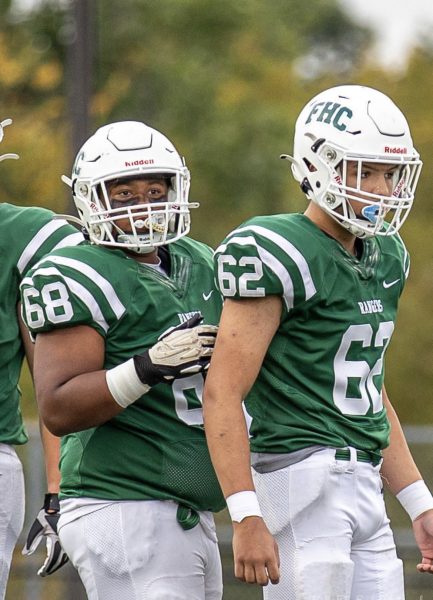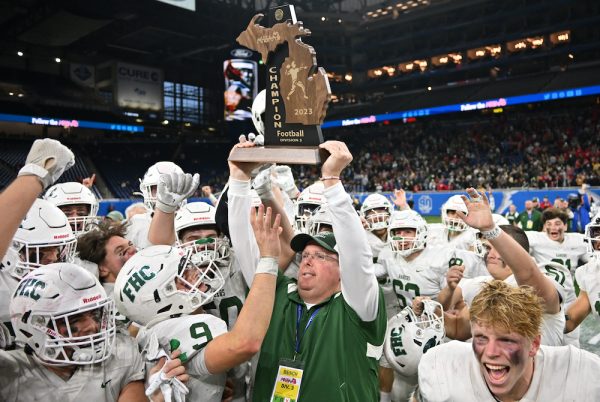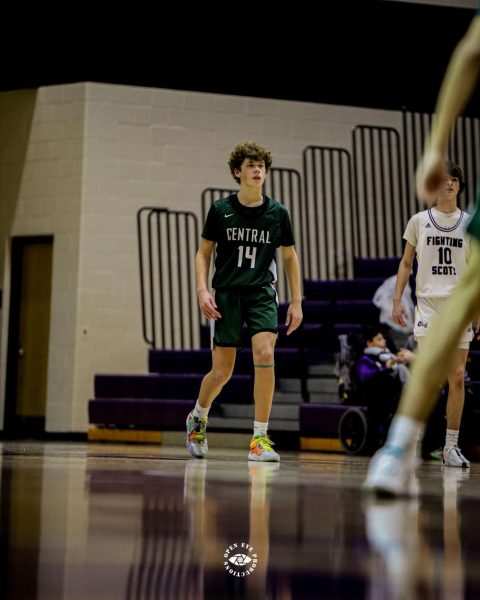How classroom downtime affects student-athletes

Now that the second semester is in full swing, homework is something on everyone’s mind. Good grades are obviously crucial in each student’s life. Although, being heavily involved in sports can oftentimes cause grades to be heavily undermined in many student-athletes lives. Sports can often be a great opportunity for students to pursue their love for a specific sport or even be a prime gateway to achieving a higher education through scholarships offered by many universities. Motives such as these often cause students to focus on one thing only, the sport itself. This often causes many student athletes’ grades to suffer immensely.
Athletes at FHC often have a mindset where they heavily believe sports will land them a successful future. Although this can be true, education is and should still be a priority. Many student-athletes have practices twice a day – one early in the morning before school followed by one after school. Intense athletic schedules like this often cause students to burn out earlier in the day making it difficult to not only let their bodies recover and rest properly, but also to complete school work proficiently. FHC student-athlete Trevor Williams said, “After late practices and loads of homework, I don’t have time to get enough sleep to allow my body to make a full recovery overnight.”
Many student-athletes seem to have the same issue. A simple solution for many athletes would be to have some downtime set aside in class to start, if not complete, their homework. Having the weight of studying and homework after rigorous practices lifted from the shoulders of student-athletes would almost certainly decrease burnout and increase motivation in education. FHC varsity soccer player Gigi Sinicrope said, “Downtime in class allows me to complete homework, helps me to not resent soccer as much, and allows me to enjoy [soccer] more stress-free.”
Not only would downtime in class increase student-athletes passion for their sports, but it also increases their determination to do well in school without individual burnout.
Attention teachers and students alike: the next time you see a student-athlete relaxing in class, it may not necessarily be because he or she is lazy or is refusing to do his or her work, but rather it could be that he or she is in need of some serious and well-deserved downtime because of all of the intense effort that he or she has already devoted to his or her sport and academics. Until then student-athletes, take care of yourselves.

Elsa Kehoe is a junior and this is her first year writing for FHC Sports Report. In her free time, she likes to shop at the mall, run outside, go to the...




